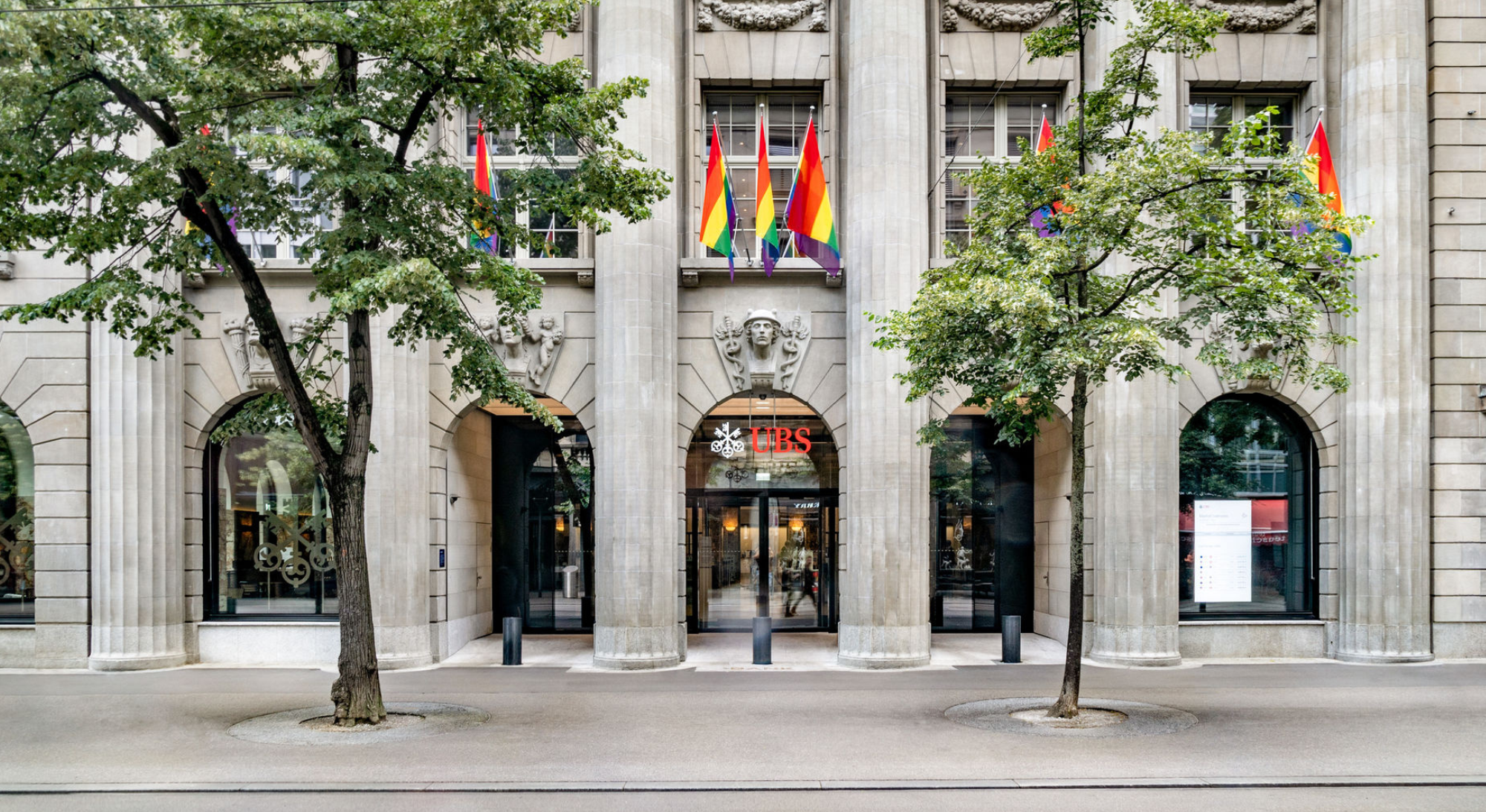UBS Offers 90% Compensation to Burned Investors
Photo by UBS/social-legal
With an eye towards putting behind it one of the harmful legacies of its recently acquired competitor, Credit Suisse, UBS Group AG has offered to buy back shares from investors who suffered major losses in Greensill Capital, the collapsed specialist finance firm that imploded in March 2021 with billions in assets held in supply chain funds with Credit Suisse.
Key Points:
UBS is allowing holders of Credit Suisse Supply Chain Finance Funds to redeem their investments at 90 percent of their market value as of 25 February 2021.
It’s an escape option that will take more time to distribute than the one that’s underway but moving much more slowly.
The offer is valid until July 31, 2024.
UBS stands to take a $900 million provision in the second quarter to cover the program.
A Legacy of Scandal
When Greensill went spectacularly bankrupt in 2021, catching the 10 billion CHF of Credit Suisse funds in its orbit, it also sparked a political scandal in the UK surrounding the former prime minister David Cameron, then Foreign Secretary, who was accused of lobbying the government on behalf of Greensill to gain wider access to government-backed COVID-19 financial schemes. Credit Suisse went down in 2023 as a political and financial basket case, dogged by one scandal after another.
Greensill’s Risky Lending Practices
Greensill lent to a range of companies, including Sanjeev Gupta’s GFG Alliance (currently owing almost $900 million to investors), Bluestone Resources, and Katerra. In 2021, after insurers refused to extend coverage to Greensill, the company folded, dining the investors dry.
Looking Ahead: Uncertainties Remain
UBS’s offer offers some help to the investors affected, though few details have been made available, and it is still not clear when the rest of the goods could be recovered, with some estimates suggesting not before 2031 and at a big additional cost. With more legal action arising out of the Greensill affair, it is not going away.
UBS’s move signals its desire to clean up the mess after Credit Suisse went bust in connection with Greensill. On that score, the chapter is far from closed. The sums of money involved aren’t the whole story. Nor is Credit Suisse the only one to have exposed itself during events of the past year. Neither are the upsides of its involvement in Greensill necessarily the only gains to be had from this kind of relationship. It’s not just banks that promise to supercharge their clients’ fortunes using their relationships with big businesses. Specialist finance firms have been doing it for years. While banks have been heading in an industrial direction, mooring themselves to private and public enterprises, their smaller, more nimble rivals have sought to bypass obstacles on the road to success – such as regulators, profit margins and the restrictions of an industrial structure – by engaging with non-financial companies.











